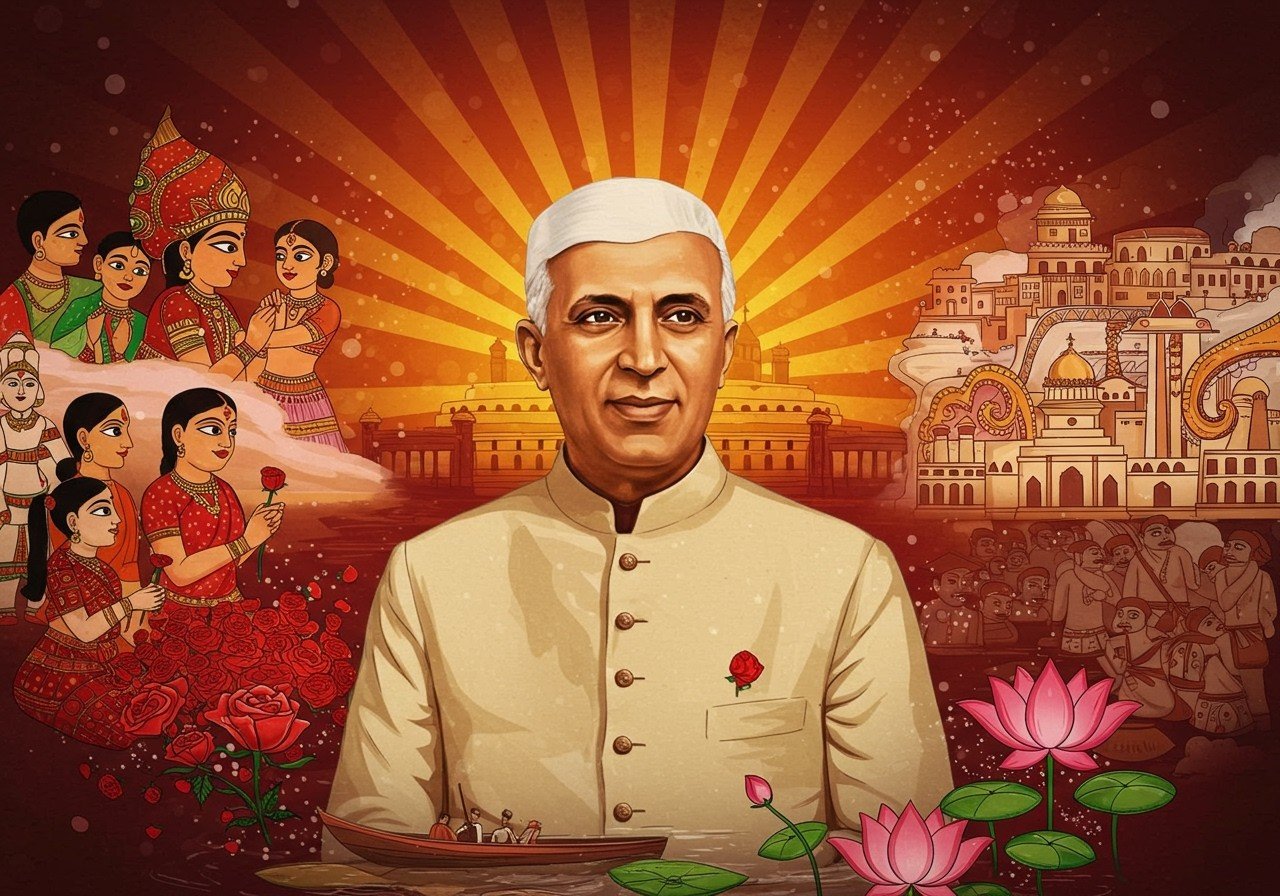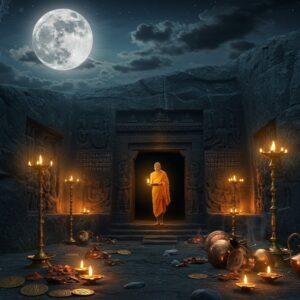
Pandit Jawaharlal Nehru, a name etched in the annals of Indian history, stands tall as the nation’s first Prime Minister. His journey, intertwined with India’s struggle for independence and its subsequent growth, is a testament to his unwavering vision and leadership. Understanding Nehru’s life offers a glimpse into the very foundation of modern India and its cultural ethos.
Early Life and Education: Shaping a Visionary
Born on November 14, 1889, in Allahabad, Nehru hailed from an influential Kashmiri Pandit family. His formative years were steeped in privilege and intellectual curiosity. His education at prestigious institutions like Harrow School and Trinity College, Cambridge, exposed him to Western thought and ideals, profoundly influencing his political perspectives. Upon returning to India, he joined the Indian National Congress, embarking on a path that would shape the destiny of a nation. This blend of Eastern roots and Western exposure uniquely prepared him for the leadership role he would eventually assume.
The Fight for Freedom: A Leader Emerges
Under the guiding light of Mahatma Gandhi, Nehru plunged into the tumultuous waters of the Indian independence movement. He became a prominent voice within the Indian National Congress, advocating for a secular and socialist India. From the Non-Cooperation Movement to the Civil Disobedience Movement and the Quit India Movement, Nehru emerged as a leader of unwavering resolve. His vision resonated with the hopes and aspirations of millions – a united and independent India, free from the shackles of colonial rule. You can learn more about freedom fighters and related rituals on poojn.in.
Nehru’s Prime Ministership: Building a Nation
From 1947 to 1964, Nehru served as India’s first Prime Minister, a period of immense transformation and nation-building. His focus was clear: to modernize India through industrialization, scientific progress, and educational reforms. He laid the foundation for progress by establishing esteemed institutions like the Indian Institutes of Technology (IITs) and the All India Institute of Medical Sciences (AIIMS). On the global stage, Nehru’s non-alignment policy during the Cold War established India as a leading voice in the Non-Aligned Movement, charting a course independent of the superpowers.
Vision and Challenges: Navigating a New Dawn
Nehru’s vision for India was that of a secular and democratic nation, celebrating unity in diversity, a tapestry of cultures woven together. However, the path to realizing this vision was fraught with challenges. Communal tensions, regional disparities, and economic hurdles tested his resolve. He navigated critical situations like the Kashmir conflict and the Sino-Indian War of 1962 with a statesman’s wisdom. His commitment to social justice found expression in land reforms and initiatives for women’s empowerment, striving to create a more equitable society. Learn more about these transformative periods and the sacred sites associated with them at poojn.in.
Nehru’s Enduring Legacy: A Nation’s Inspiration
Nehru’s legacy lives on. India’s commitment to secularism, democracy, and scientific advancement stands as a testament to his enduring influence. His visionary leadership laid the foundation for the nation’s growth. From education and infrastructure to international relations, his contributions resonate even today. While his policies have been subject to scrutiny, his impact on India remains undeniable. Explore a wide selection of puja items and books related to Indian culture and history at poojn.in to connect with India’s rich heritage.
FAQs on Jawaharlal Nehru: Understanding a Nation’s Architect
Who was Pandit Jawaharlal Nehru? Pandit Jawaharlal Nehru, a towering figure in Indian history, served as the nation’s first Prime Minister, guiding India through its nascent years after independence.
When did Pandit Jawaharlal Nehru pass away? Pandit Jawaharlal Nehru left an irreplaceable void in Indian politics with his passing on May 27, 1964.
What are Pandit Jawaharlal Nehru’s most significant contributions? Nehru’s vision shaped modern India. His efforts to establish a secular, democratic nation, coupled with his focus on industrialization, scientific progress, and education, remain cornerstones of India’s identity.
What was Nehru’s role in India’s independence movement? Nehru was a pivotal figure in India’s struggle for freedom from British rule. As a key leader in the Indian National Congress, he worked alongside Mahatma Gandhi, mobilizing the nation and advocating for self-determination.
Why is Nehru often referred to as the ‘Architect of Modern India’? Nehru earned the title ‘Architect of Modern India’ through his forward-thinking vision and transformative policies. He spearheaded the establishment of key institutions like the IITs and laid the groundwork for India’s economic and social development. Celebrate the spirit of modern India by exploring our exquisite collection of sacred threads at poojn.in.
What were Nehru’s views on education? Nehru recognized education as the bedrock of national progress. He championed free and compulsory primary education and emphasized the importance of science and technology in shaping a modern India.
What are some of the awards and recognitions bestowed upon Nehru? In recognition of his unparalleled contributions to the nation, Nehru was awarded the Bharat Ratna, India’s highest civilian honor, in 1955. Embrace the spirit of India’s rich traditions with Poojn.in’s authentic puja samagri, connecting you to the cultural values Nehru championed.


